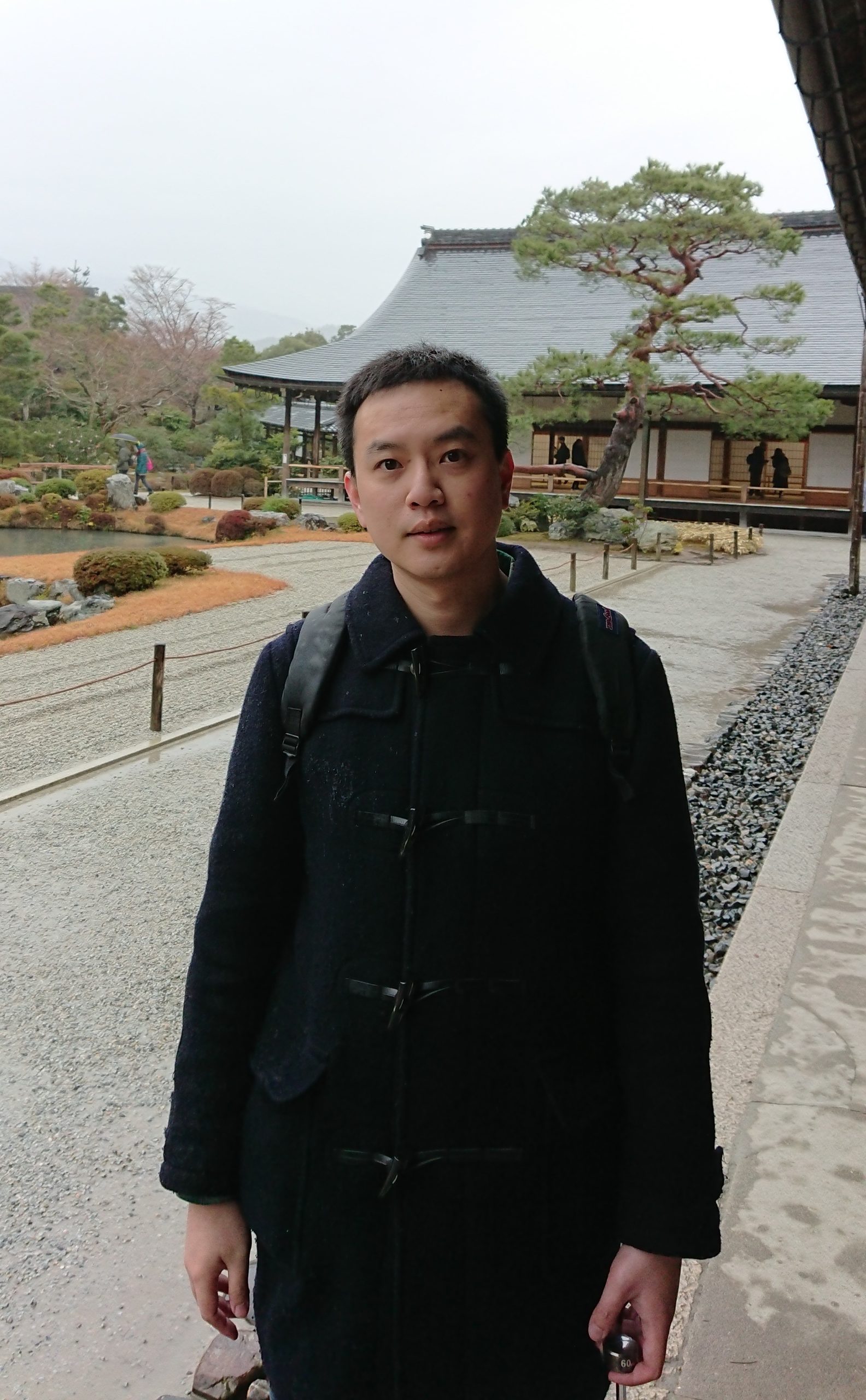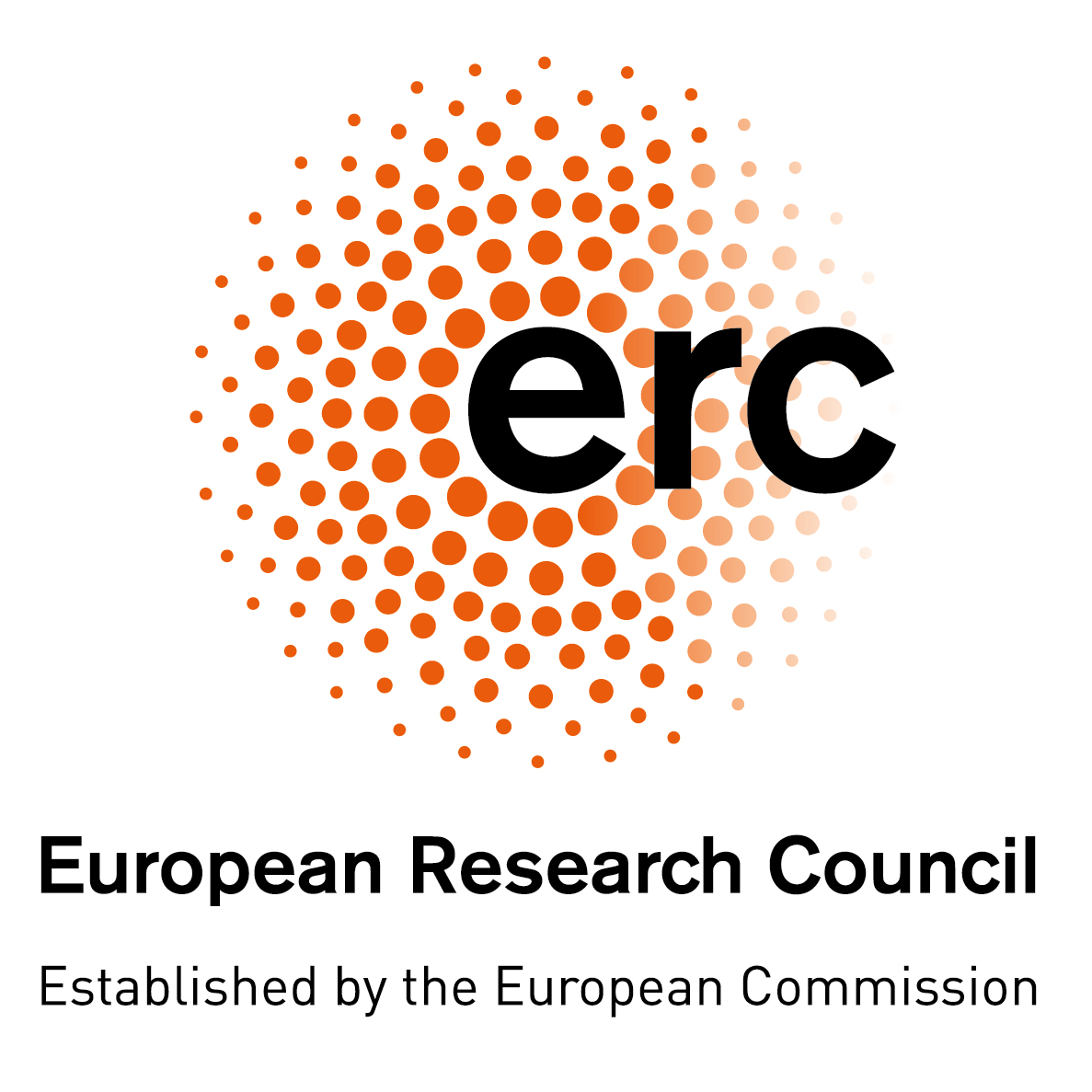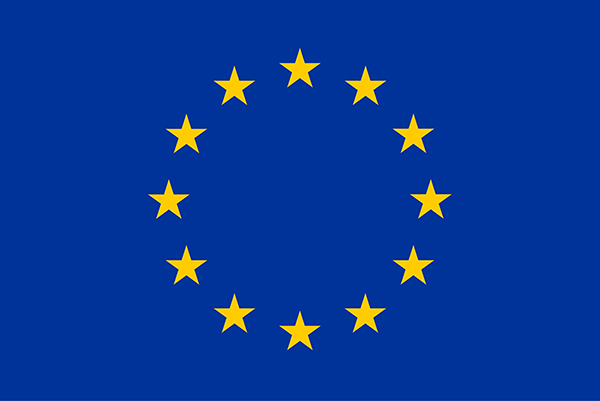Chun-Ying Wu joined ETHNICGOODS in November 2021. In the first in a series of interviews to the members of the project, we try to get to know more about himself, his interests, and his new life in Barcelona. The floor is yours, Chun-Ying!
Question: Welcome, Chun-Ying! Would you like to start by introducing yourself to our readers?
Answer: Hello! I am Chun-Ying Wu. I received my PhD in Government from the University of Texas at Austin, and my BA in political science from National Taiwan University. My research focuses on ethnic politics, political behavior, and political regimes. Specifically, I study Taiwanese and Southeast Asian politics.
Thanks! But let us also try to get to know you personally a bit more. What would you highlight about yourself in that regard?
I like learning, yet my learning is not limited to reading academic books and doing academic research. For example, I like traveling. My travels begin when I start to make my own travel arrangement. I search not only good restaurants and tourist spots but also the history and culture of the places I am going to visit. And I can always discover amazing things that I did not anticipate during my travel. Therefore, traveling is a form of learning which can make me relax and broaden my vision and knowledge.
That sounds great… And, in fact, very timely, since you have just moved to Barcelona. How do you feel about starting a new life chapter in the city? Is there any particular aspect that you feel excited about?
All of my friends who have ever been to Barcelona highly praise this city for its delicious cuisine, beautiful streets, fascinating Gaudi works, and comfortable weather. Therefore, I am looking forward to deeply exploring this city. Furthermore, as a Taiwanese scholar who is interested in ethnic politics, I would like to know much more about the political history of Catalonia, the development of language policy in Catalonia. In both places we observe the rise of Taiwanese nationalism and Catalonian nationalism, and authoritarian states tried to oppress such ideology by enforcing radical monolingual policies in the past. It will be interesting to compare the ethnic politics in Taiwan and Catalonia.
We truly hope that the city lives up to your expectations!
Your work strongly focuses on comparative politics in Southeast Asia and ethnic politics in Taiwan, your home country. I would like to know how you have built your academic pathway. Let’s start with the beginning. Is there a particular reason for your choice of an academic career over a more practical one?
I decided to choose an academic career when I studied for my Master’s degree. It cannot be denied that academic research is challenging. You spend much time on constructing your theory and collecting materials and data to verify your hypotheses, but eventually the empirical evidences may not support your theory. However, the uncertainty of academic research is also the reason why this job is charming. When working on a particular project or puzzle, I like discussing theoretical arguments and the research design with my co-author(s), receiving comments on our draft at academic conferences, completing and submitting the paper for review. It is enjoyable to brainstorm a research project with intelligent people.
So, it all began with your Masters?
Not really. When I was a third-year undergraduate student, I took a required course “Theories of Comparative Politics”, and I found that it is interesting to compare political institutions, parties and behaviors between different countries, therefore I decided to study for a Master’s degree in political science.
In my graduate program, I joined the Asian Barometer Survey project (ABS), which is a large-scale cross-country survey project asking people about their political attitudes and behavior in Northeast, East, and Southeast Asian countries. By talking to the ABS team members from Southeast Asia, I found that Southeast Asia is diverse in ethnicity, language, religion, degree of economic development, and political regime. It is difficult to find a general explanation of a political phenomenon in Southeast Asia, yet it is also attractive to do so. Therefore, I decided to study a PhD program to analyze Southeast Asian politics after I finished my Master’s degree.
And then you moved a step further and enrolled in a PhD program. How did you select the topic for the program? And for your dissertation?
When I decided to study a PhD program, I realized that I needed to learn advanced quantitative research skills and more comparative political theories. While I had confirmed my interests in Southeast Asian politics, I spent a few years exploring my research topic. In my fourth year of PhD study, I found that it is interesting to study Chinese language education policies in Southeast Asia. To establish a time-series cross-section dataset measuring the language policy in a country-year, I did my field work in Singapore to collect materials for my archival research, and during this process I retrieved the research interest in my own country, Taiwan. When I read martials introducing how Southeast Asian Chinese elites fought against assimilationist policies and tried to preserve their mother language, I started to think: what happened to my mother tongue in the past? Eventually, ethnic politics became my major research interest as a political scientist.
And just like that, we have arrived thus far. Today, you are a Postdoctoral Fellow associated to the ETHNICGOODS project. Why did you apply for the position? Where do you identify the synergies between your career so far and ETHNICGOODS?
In my dissertation project, I study language policies in Taiwan and Southeast Asia. Because this topic is highly relevant to the research of nation-building, the ETHNICGOODS project perfectly fits my research interests. Therefore, the ETHNICGOODS project provides me an exceptional opportunity to meet and work with brilliant ethnic politics scholars. Also, the major goal of this project – to establish a data set measuring nationalism – is promising to sociolinguistic and ethnic political studies. I am excited about contributing to the construction of this data set.
I would now like to discuss impact. As you know, ETHNICGOODS aims at drawing a new paradigm regarding the relationship between ethnic diversity and the provision of public goods. If successful, the project is likely to effect change at different levels beyond pure academic production. Before digging deeper into the content of the project, I would like to know how you envision the relationship between social science academic production and real-life issues.
For me, social science researchers have quite strong connections with our real-life issues. Every component of our daily lives is affected by politics and government. It is the economic and international trade policies that decide whether or not we can buy a foreign-made product. Government officials constantly review the laws and regulations on the permitted ingredients of our foods, beverages, and commodities. Findings of voting behavior studies help candidates form their campaign strategies. Social or political movement activists decide their actions based on research on collective action. Many political scholars propose ideal political institutions that can better govern a divided society; by doing so they try to reduce ethnic conflicts or prevent civil wars.
As mentioned, ETHNICGOODS could contribute to effect social and political change at different levels. For instance, it could help debunking some of the arguments behind nativist movements that are gaining force worldwide. How relevant is this aspect to you?
I totally agree that it is too simplified to argue that ethnic diversity retards public goods provision. The relationship between ethnic diversity and public goods provision is complicated. First, the degree of ethnic diversity is not formed naturally; instead, it is created by political elites and can change over time. In Thailand, political rulers consciously merged many ethnic and linguistic groups into a larger umbrella group (i.e., Thai) in the past. When we observe that an ethnically homogenous country has a high degree of public goods provision, this country may be more ethnically diverse than we thought. Second, decision makers have their own strategy to co-opt minority groups. Political rulers – if not all of them – do not preclude some people from getting schooling and health care just because they speak a different language or practice a different religion. In sum, the strategy of political rulers matters. The aim of the ETHNICGOODS project is to examine their strategy by looking at ethnic policies, which affect the degree of ethnic diversity in the future.
Could you identify any specific example of how the outcomes of the project might translate into social change in your area of expertise?
Nowadays, most people in my mother country, Taiwan, identify themselves as Taiwanese rather than Chinese. However, many people have difficulty in defining the rising Taiwanese nationalism because the connotation of “nationalism” seems to exclude people who speak a minority language or whose father or mother is a migrant. As an ethnic politics scholar, I think using civil nationalism to define Taiwanese is better than using ethnic nationalism.
Finally, I would like to ask you about the future. How would you like ETHNICGOODS to contribute to your future steps?
If I become a professor, I will teach and encourage students to embrace the values of multiculturalism, civil liberty, minority rights, and democratic rules and identify them as the core ingredient of Taiwanese identity. I am not going to be a decision maker, but I can try to affect the thought of younger generations.
That sounds amazing. We wish you all the best! We will make sure to follow your work and its contribution to the project.



